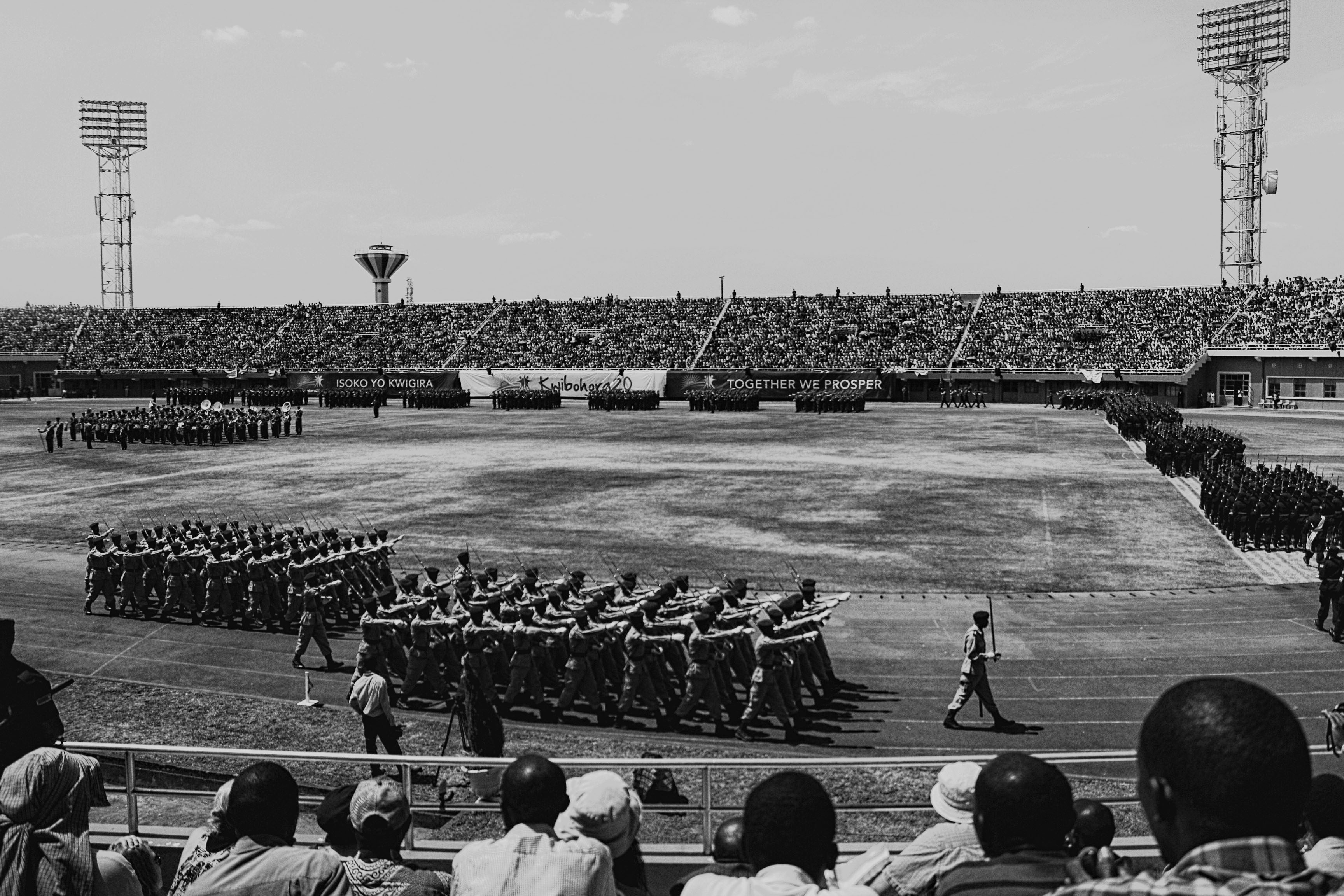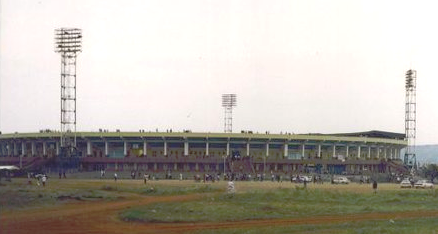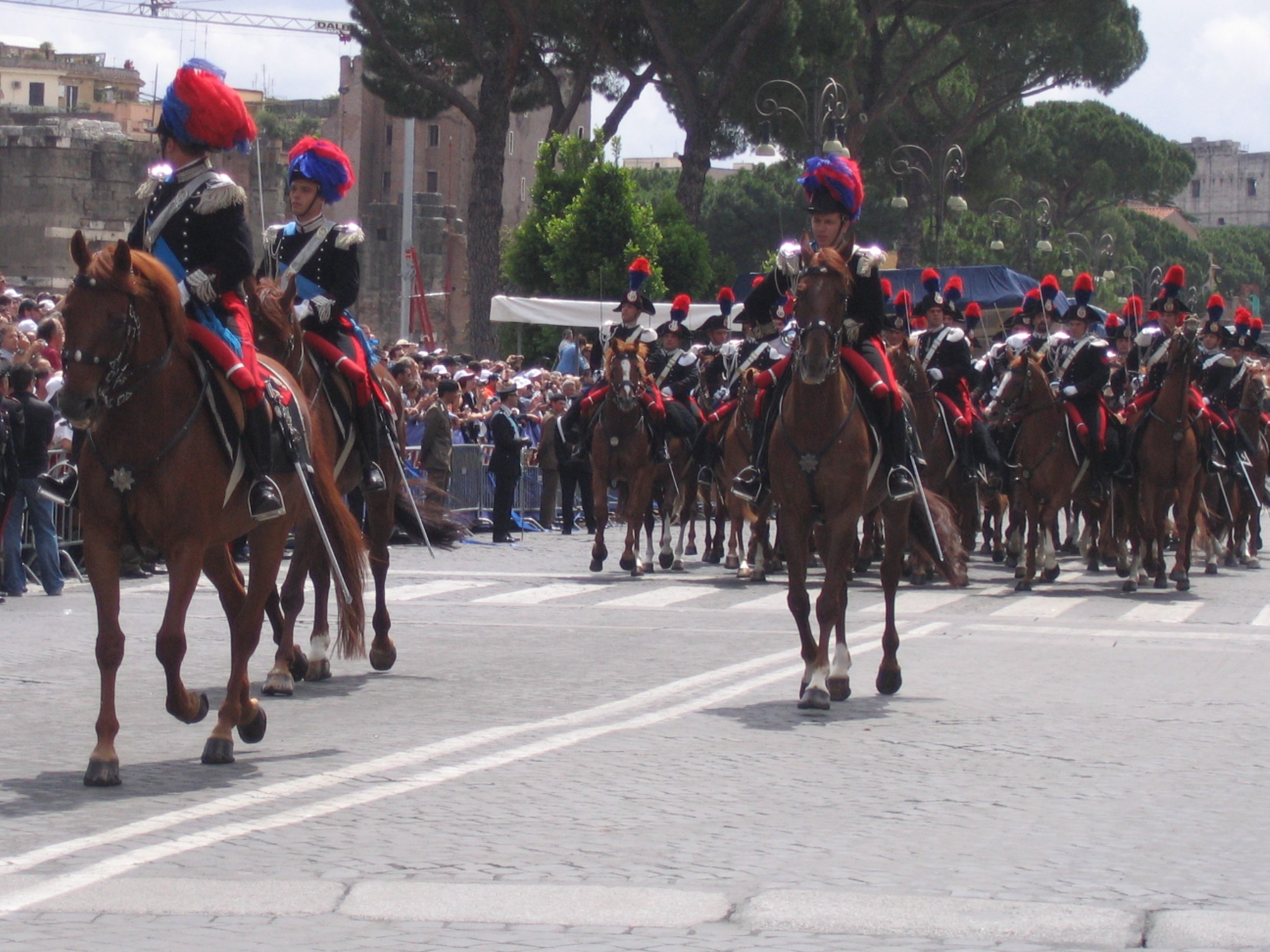|
Liberation Day (Rwanda)
Liberation Day (known locally as Kwibohora) is a public holiday in Rwanda which is celebrated on 4 July. It commemorates the defeat of the previous Habyarimana regime and the Rwandan Armed Forces by the Rwandan Patriotic Front (RPF) in the Rwandan Civil War, thus ending the Tutsi genocide in Rwanda. On 4 July 1994, the RPF secured the capital of Kigali while the end of the war only became official on 18 July with the liberation of the north-west territories. Liberation Day takes place a week after Independence Day, although it is more of a celebration rather than the national mourning period for the Rwandan Revolution on Independence Day. Background history The Rwandan Civil War was a conflict between the Rwandan Armed Forces, representing the government of Rwanda, and the rebel Rwandan Patriotic Front (RPF). The war, which lasted from 1990 to 1994, arose from the long-running dispute between the Hutu and Tutsi groups within the Rwandan population. The war began on 1 October 1990 ... [...More Info...] [...Related Items...] OR: [Wikipedia] [Google] [Baidu] |
Amahoro Stadium Kigali
The Amahoro Stadium ( rw, Stade Amahoro; french: Stade Amahoro; Kinyarwanda for "Peace Stadium"), officially known as Amahoro National Stadium, is a multi-purpose stadium in the Gasabo district of Kigali, Rwanda. With a capacity of 25,000, it is the largest stadium in Rwanda and hosts football matches, concerts, and public events. The football clubs Armée Patriotique Rwandaise F.C. and Rayon Sports F.C. are the tenants. The venue is also sometimes used for rugby union. During the Rwandan genocide in 1994, it was temporarily a "UN Protected Site" hosting to up to 12,000 mainly Tutsi refugees. History The stadium was constructed by the China Civil Engineering Construction Corporation, at a cost of US$ 21 million. Construction began in March 1984, and was completed in January 1989. In 1990, the Rwandan Civil War broke out between the Rwandan Patriotic Front (RPF), a Tutsi rebel group, and President Juvenal Habyarimana's government forces. The war ended in 1993 with a cease-fire a ... [...More Info...] [...Related Items...] OR: [Wikipedia] [Google] [Baidu] |
Military Parade
A military parade is a formation of soldiers whose movement is restricted by close-order manoeuvering known as drilling or marching. The military parade is now almost entirely ceremonial, though soldiers from time immemorial up until the late 19th century fought in formation. Massed parades may also hold a role for propaganda purposes, being used to exhibit the apparent military strength of a country. History The terminology comes from the tradition of close order formation combat, in which soldiers were held in very strict formations as to maximise their combat effectiveness. Formation combat was used as an alternative to mêlée combat, and required strict discipline in the ranks and competent officers. As long as their formations could be maintained, regular troops could maintain a significant advantage over less organised opponents. Nevertheless, military parades are not to be confused with the military show of force. Although the firepower of breechloading rifles and ... [...More Info...] [...Related Items...] OR: [Wikipedia] [Google] [Baidu] |
Public Holidays In Rwanda ...
This is a list of public holidays in Rwanda. Rwanda observes fourteen regular public holidays. Additionally, the week following Genocide Memorial Day on 7 April is designated an official week of mourning. The last Saturday of each month is ''umuganda'', a national day of community service, during which most normal services remain closed until midday.* Public holidays References {{Africa_in topic, Public holidays in Rwanda Society of Rwanda Rwandan culture Holidays A holiday is a day set aside by Norm (social), custom or by law on which normal activities, especially business or work including school, are suspended or reduced. Generally, holidays are intended to allow individuals to celebrate or commemorate ... [...More Info...] [...Related Items...] OR: [Wikipedia] [Google] [Baidu] |
Events In Rwanda
Event may refer to: Gatherings of people * Ceremony, an event of ritual significance, performed on a special occasion * Convention (meeting), a gathering of individuals engaged in some common interest * Event management, the organization of events * Festival, an event that celebrates some unique aspect of a community * Happening, a type of artistic performance * Media event, an event created for publicity * Party, a social, recreational or corporate events held * Sporting event, at which athletic competition takes place * Virtual event, a gathering of individuals within a virtual environment Science, technology, and mathematics * Event (computing), a software message indicating that something has happened, such as a keystroke or mouse click * Event (philosophy), an object in time, or an instantiation of a property in an object * Event (probability theory), a set of outcomes to which a probability is assigned * Event (relativity), a point in space at an instant in time, i.e. ... [...More Info...] [...Related Items...] OR: [Wikipedia] [Google] [Baidu] |
COVID-19
Coronavirus disease 2019 (COVID-19) is a contagious disease caused by a virus, the severe acute respiratory syndrome coronavirus 2 (SARS-CoV-2). The first known case was COVID-19 pandemic in Hubei, identified in Wuhan, China, in December 2019. The disease quickly spread worldwide, resulting in the COVID-19 pandemic. The symptoms of COVID‑19 are variable but often include fever, cough, headache, fatigue, breathing difficulties, Anosmia, loss of smell, and Ageusia, loss of taste. Symptoms may begin one to fourteen days incubation period, after exposure to the virus. At least a third of people who are infected Asymptomatic, do not develop noticeable symptoms. Of those who develop symptoms noticeable enough to be classified as patients, most (81%) develop mild to moderate symptoms (up to mild pneumonia), while 14% develop severe symptoms (dyspnea, Hypoxia (medical), hypoxia, or more than 50% lung involvement on imaging), and 5% develop critical symptoms (respiratory failure ... [...More Info...] [...Related Items...] OR: [Wikipedia] [Google] [Baidu] |
Zimbabwe
Zimbabwe (), officially the Republic of Zimbabwe, is a landlocked country located in Southeast Africa, between the Zambezi and Limpopo Rivers, bordered by South Africa to the south, Botswana to the south-west, Zambia to the north, and Mozambique to the east. The capital and largest city is Harare. The second largest city is Bulawayo. A country of roughly 15 million people, Zimbabwe has 16 official languages, with English, Shona language, Shona, and Northern Ndebele language, Ndebele the most common. Beginning in the 9th century, during its late Iron Age, the Bantu peoples, Bantu people (who would become the ethnic Shona people, Shona) built the city-state of Great Zimbabwe which became one of the major African trade centres by the 11th century, controlling the gold, ivory and copper trades with the Swahili coast, which were connected to Arab and Indian states. By the mid 15th century, the city-state had been abandoned. From there, the Kingdom of Zimbabwe was established, fol ... [...More Info...] [...Related Items...] OR: [Wikipedia] [Google] [Baidu] |
Uganda
}), is a landlocked country in East Africa East Africa, Eastern Africa, or East of Africa, is the eastern subregion of the African continent. In the United Nations Statistics Division scheme of geographic regions, 10-11-(16*) territories make up Eastern Africa: Due to the historical .... The country is bordered to the east by Kenya, to the north by South Sudan, to the west by the Democratic Republic of the Congo, to the south-west by Rwanda, and to the south by Tanzania. The southern part of the country includes a substantial portion of Lake Victoria, shared with Kenya and Tanzania. Uganda is in the African Great Lakes region. Uganda also lies within the Nile, Nile basin and has a varied but generally a modified equatorial climate. It has a population of around 49 million, of which 8.5 million live in the Capital city, capital and largest city of Kampala. Uganda is named after the Buganda kingdom, which encompasses a large portion of the south of the country, includi ... [...More Info...] [...Related Items...] OR: [Wikipedia] [Google] [Baidu] |
People's Liberation Army
The People's Liberation Army (PLA) is the principal military force of the People's Republic of China and the armed wing of the Chinese Communist Party (CCP). The PLA consists of five service branches: the Ground Force, Navy, Air Force, Rocket Force, and Strategic Support Force. It is under the leadership of the Central Military Commission (CMC) with its chairman as commander-in-chief. The PLA can trace its origins during the Republican Era to the left-wing units of the National Revolutionary Army (NRA) of the Kuomintang (KMT) when they broke away on 1 August 1927 in an uprising against the nationalist government as the Chinese Red Army before being reintegrated into the NRA as units of New Fourth Army and Eighth Route Army during the Second Sino-Japanese War. The two NRA communist units were reconstituted into the PLA on 10 October 1947. Today, the majority of military units around the country are assigned to one of five theater commands by geographical location. ... [...More Info...] [...Related Items...] OR: [Wikipedia] [Google] [Baidu] |
Goose Step
The goose step is a special marching step which is performed during formal military parades and other ceremonies. While marching in parade formation, troops swing their legs in unison off the ground while keeping each leg rigidly straight. The step originated in Prussian military drill in the mid-18th century and was called the german: Stechschritt, label=none (literally, "piercing step") or german: Stechmarsch, label=none. German military advisors spread the tradition to Russia in the 19th century, and the Soviets spread it around the world in the 20th century. The term "goose step" originally referred to balance stepping, an obsolete formalized slow march. The term is nowadays heavily associated with Nazi Germany in many English-speaking countries. As a result, the term has acquired a pejorative meaning in some English-speaking countries. History Origin The "Stechschritt" originated in the 18th century, like other march steps, as a method of keeping troops lined up properl ... [...More Info...] [...Related Items...] OR: [Wikipedia] [Google] [Baidu] |
President Of Rwanda
This article lists the presidents of Rwanda since the creation of the office in 1961 (during the Rwandan Revolution), to the present day. The president of Rwanda is the head of state and head of executive of the Republic of Rwanda. The president is elected every seven years by popular vote, and appoints the prime minister and all other members of Cabinet. A total of 4 people have served in the office. The incumbent president is Paul Kagame, who took office on 22 April 2000, after being acting president for nearly a month. Key ;''Political parties'' * * * ;''Other factions'' * ;''Status'' * List of officeholders Timeline Latest election See also * Politics of Rwanda * List of kings of Rwanda * Vice President of Rwanda * Prime Minister of Rwanda * List of colonial governors of Ruanda-Urundi ** List of colonial residents of Rwanda Notes References * External linksWorld Statesmen – Rwanda {{Heads of state and government of Africa Rwanda 1961 establishme ... [...More Info...] [...Related Items...] OR: [Wikipedia] [Google] [Baidu] |




